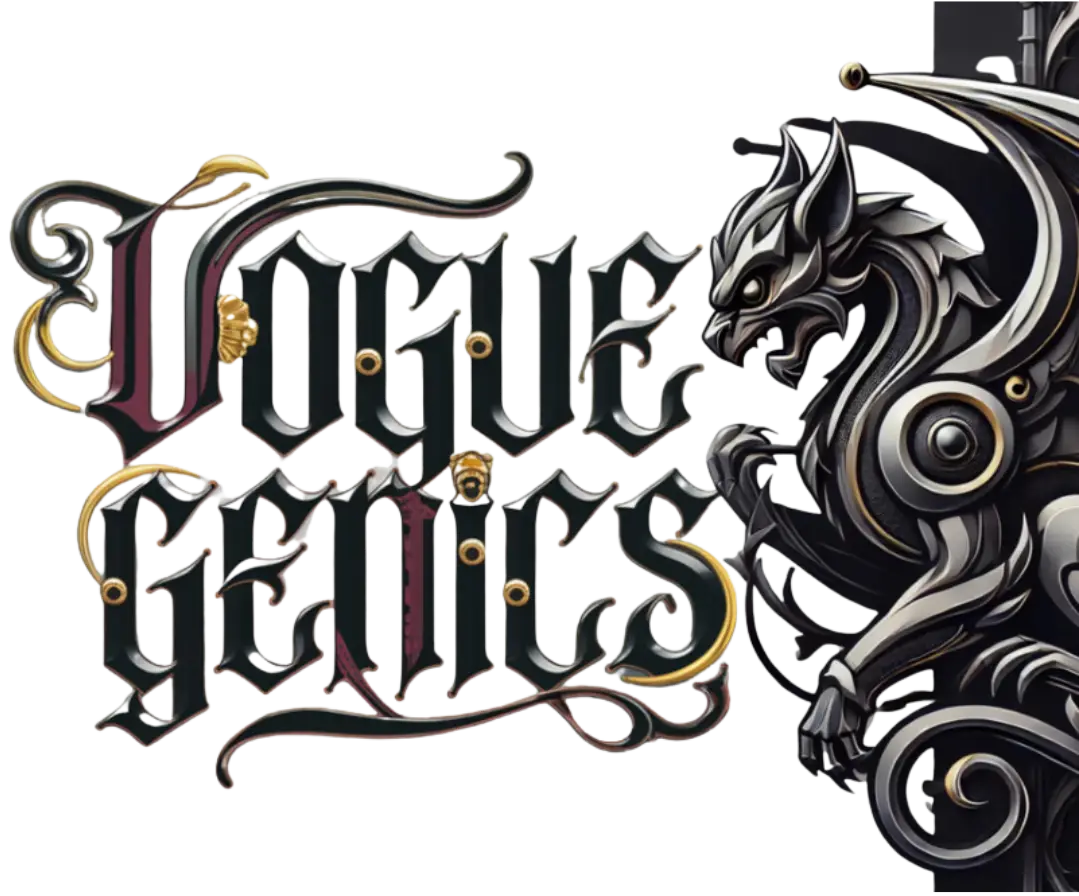Friday the 13th is widely regarded as an unlucky day in many cultures, but the origins and reasons for this superstition are diverse and multifaceted. The fear of this day is known as *paraskevidekatriaphobia*, a term derived from Greek that combines “Paraskevi” (Friday) and “dekatri” (thirteen).
**Historical Roots**
The superstition surrounding Friday the 13th combines elements from various sources. One key aspect is the historical significance of the number 13. In many cultures, 13 has been considered unlucky, often because it disrupts the more “complete” number 12, which is associated with harmony and order (e.g., 12 months in a year, 12 zodiac signs).
The fear of Friday the 13th might also be tied to the Christian tradition, particularly the belief that Jesus was crucified on a Friday. In addition, some sources suggest that the superstition may be connected to the arrest of the Knights Templar on Friday, October 13, 1307. This event, which led to the persecution and execution of many knights, was seen as a day marked by misfortune.
**Cultural Impact**
In modern times, Friday the 13th has become a significant cultural phenomenon. It is often featured in popular media and entertainment, notably in the horror genre. The “Friday the 13th” film series, which began in 1980, centers around the character Jason Voorhees and has contributed to the day’s eerie reputation.
Moreover, the superstition has influenced various aspects of culture and daily life. For instance, some buildings skip the 13th floor, opting for a floor labeled 14 instead. In the realm of travel, some airlines and hotels avoid using the number 13 in their room or seat numbering systems.
**Scientific Perspective**
From a psychological perspective, the belief in the unluckiness of Friday the 13th may be a self-fulfilling prophecy. People who are superstitious may be more likely to notice or remember events that seem to confirm their beliefs, reinforcing the idea that the day is indeed unlucky. This phenomenon is known as confirmation bias.
**Conclusion**
Friday the 13th remains a compelling example of how superstition and cultural practices can shape our perceptions and behaviors. While the fear of this day is rooted in historical events and cultural myths, its impact today is a testament to how deeply ingrained beliefs can influence modern life and popular culture.







